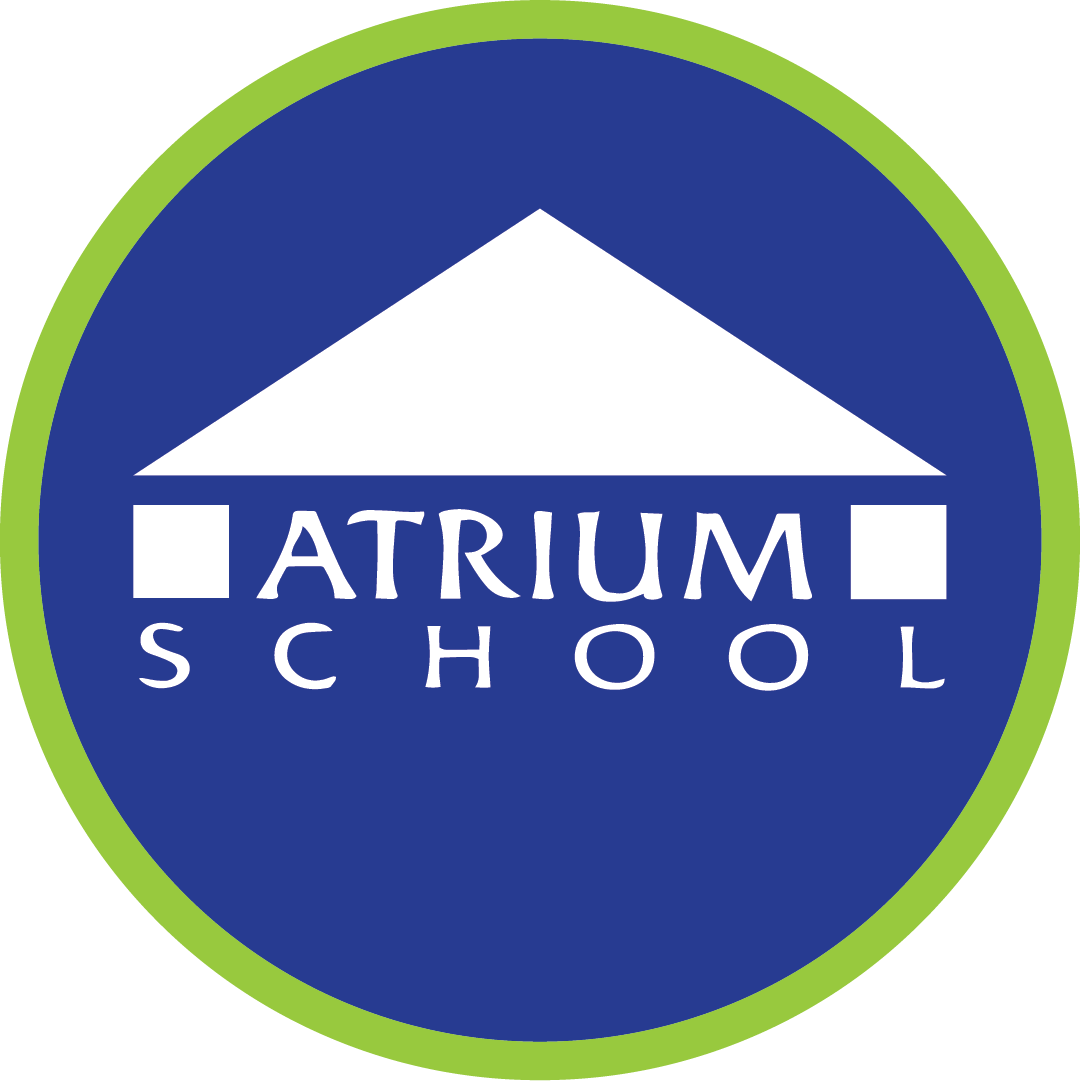Kindergarten
As younger members of our community, kindergarteners are busy learning what school is all about. They come from a world in which they see themselves at the center and begin to understand what it means to be part of a community. Kindergarten children are enthusiastic, creative, and eager to learn. We give them tools and strategies to apply what they know to new situations. Atrium provides a supportive, nurturing environment for our younger members to feel safe and respected as they begin learning about themselves as learners.
Kindergarten Theme: “What is Nature?”
Thematic study is a way of focusing all aspects of children’s education at Atrium into a central idea. This interdisciplinary focus allows all kinds of learners to develop skills and experience success in their academic lives. Throughout the year, students have opportunities to share their work with their community and make connections between their learning and the world around them.
Thematic studies allow children to dig deep and make connections to their prior knowledge while also offering a framework to make sense of new understandings. They begin to view the world and our thematic questions from different perspectives. Disciplines, including art, social studies, math, literacy, science, music, and engineering, are integrated into thematic activities. This interdisciplinary focus allows all kinds of learners to develop skills and experience success in their academic lives. A theme provides a context and story for the year’s learning and builds a sense of community within the classroom.
A theme begins with a question that is intrinsically interesting to children and inspires passionate classroom investigations for students and teachers alike. Our year-long theme in Kindergarten is “What is Nature?” We conduct an in-depth study of the world around us, exploring natural phenomena, including plants, animals, and our roles and responsibilities as humans. Students broaden their understanding of the natural world, inspiring wonder in the beauty of nature. Throughout the year, we communicate ideas, build models, experiment, and develop solutions to problems we encounter by exploring our surroundings.
We also extend our theme to learn about the nature of ourselves and others. Students will explore their own identities, beliefs, and behaviors, developing language and knowledge about how people are both similar to and different from one another. We practice building comfort with those who are both similar and different to us, so we can respectfully engage in conversations and work together with empathy.
Classroom Structure
Literacy
In Kindergarten, we examine authors and their craft. Through the study of familiar authors, children begin to think of themselves as writers, investigating the purpose and process of creating stories.
The Writer's Workshop model encourages children to convey messages, tell stories, and share their work for others to enjoy. At the start of the year, we focus on letters and their sounds. Students soon move on to drawing and writing stories on topics of their choice. We read books from a variety of genres to give students inspiration for their own stories. We help them think about events, activities, people, or places they know well and explore new topics that interest them. Teachers work one-on-one with students to offer assistance in the writing process, and to observe and assess each student individually. In addition, our model incorporates opportunities for children to collaborate and share work.
In Reader's Workshop, we explicitly teach specific reading skills and strategies. Children practice these reading strategies with the support of teachers and peers, then shift to practicing and applying techniques independently. During independent reading, teachers circulate and conference with individual children, allowing children at very different reading levels to learn the strategies that pertain to them. We emphasize that good readers have many tools to choose from in their reading tool belts. Good readers think critically about what they are reading and can connect literature to personal experience.
During Word Work, children work on phonics-based skills and learn to recognize letter names and sounds. Kindergarteners learn to identify consonants and phonemes, and to notice patterns in words and text. As the year progresses, children become familiar with a bank of common sight words. We also practice rhyming words and learn to discriminate between different ending sounds.
Mathematics
Math is taught in an interactive, hands-on format using the Investigations curriculum developed by the Technical Education Research Center (TERC). We have a formal math block five times a week, with math learning also incorporated into our other subjects and daily routines as often as possible.
We support students as they develop into mathematical thinkers, providing a clear, focused curriculum to foster students’ fluency in computation, geometry, pre-algebra, measurement, and data collection. We encourage children to wrestle with ideas, apply new concepts to previous knowledge, and challenge their own and others’ thinking. We continually assess each child in various ways to understand what and how they think, asking them probing questions and to share explanations. We then make teaching decisions based on our observations and the students’ self-reporting.
Our theme also provides us with many opportunities to practice math in an authentic way, including activities in which mapping, measuring distances between points, and gathering data play important roles.
Social and Emotional Development
Although every child is unique, some patterns exist in the development of five- to seven-year-olds. Kindergartners are focused on their own perception of the world and can find it hard to see from any other point of view.
We work on social issues by allowing children to learn from conflict and be fully involved in “making the problem smaller.” Our goal is to create a community of active and responsible learners in an environment where children feel safe enough to take risks, make and learn from mistakes, and feel empowered and confident in their abilities.




